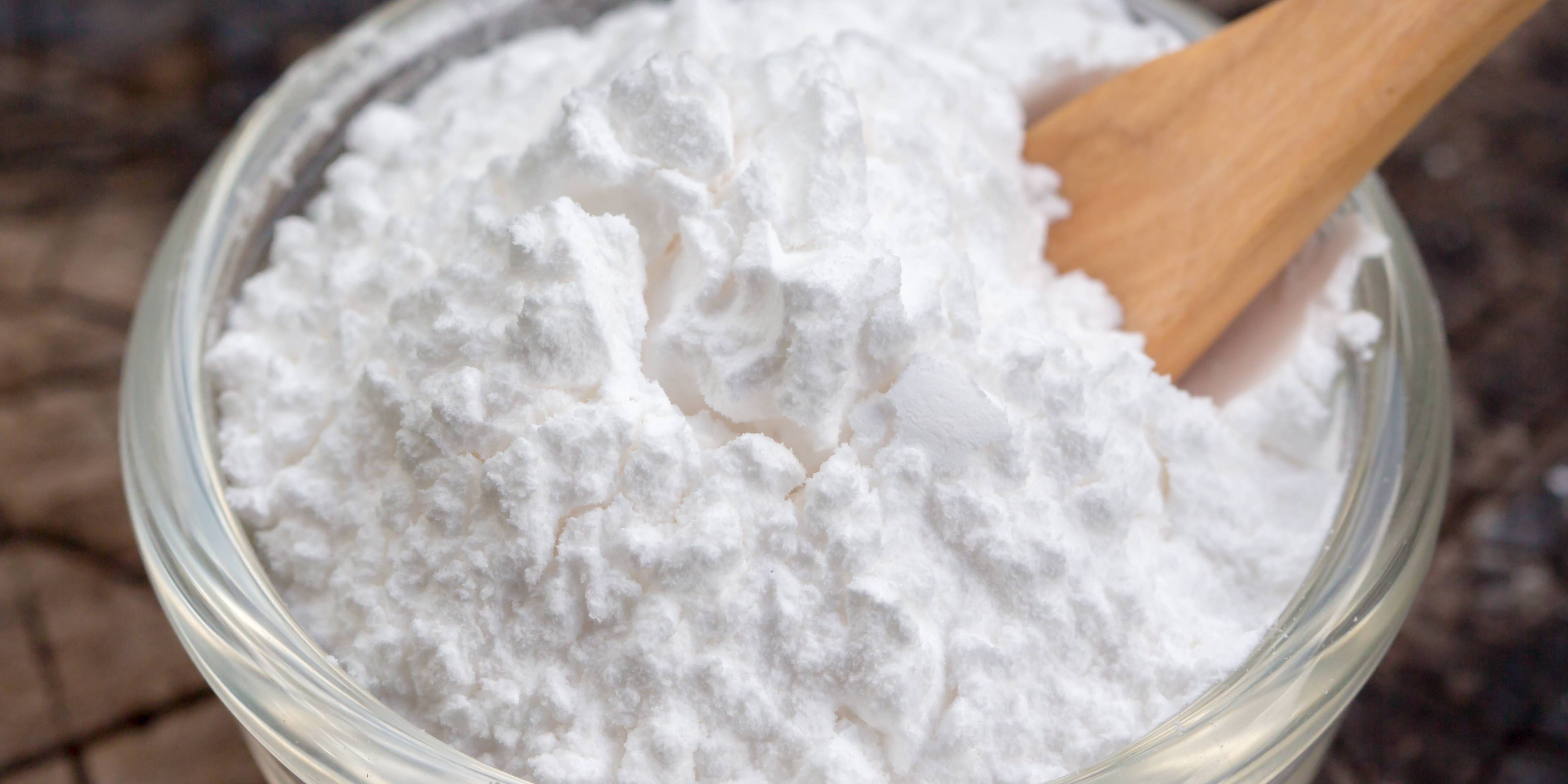The Best Baking Powder Substitutes
Ingredient Swaps
Run out of baking powder? Not to worry - we’ve got plenty of baking powder alternatives to keep your recipe on track and make sure your bake turns out as planned.
What is baking powder?
Baking powder is a smooth, finely-milled white powder which is commonly used as a leavening agent - which means it helps your bakes to rise. It’s normally made from an alkali - sodium bicarbonate - which is then combined with a pre-powdered acid, such as Cream of Tartar. Many manufacturers also add a bulking agent, such as cornflour.
What does baking powder do?
Baking powder is a raising agent which is commonly used for cakes - it helps them to rise, increases your bake’s volume and lightens the texture of your recipe. The leavening properties of baking powder start working when it comes into contact with fluid - as the activated acid and alkali then produce carbon dioxide.
As baking powder starts working quickly, it’s vital you pop your bake into the oven once ‘wet’ ingredients have been added to a dry mixture with baking powder.
Baking powder alternatives
There are plenty of cornflour alternatives available if your cupboard’s lacking cornflour - or if you’re baking for someone with a corn allergy.
Buttermilk and baking soda
Replacement ratio: Replace 5g of baking powder with 122g of buttermilk mixed with 1g of baking soda
Buttermilk is acidic, and that acidity then reacts with the baking soda to create a raising effect. As buttermilk adds liquid to your recipe, see if there’s a way to cut down on other liquids you’re using, such as water, milk or oil, to ensure your bake isn’t too runny and cooks properly. For every gram of the buttermilk and baking soda mix, reduce any other liquids by 1g.
Whipped egg whites
Replacement ratio: For every tsp of baking powder needed, use two whipped egg whites.
Whipped egg whites can provide a leavening effect due to their tiny bubbles. Whip the whites until stiff peaks form and then gently fold them into your recipe; this replacement is best for recipes with a light, airy texture.
Plain yoghurt and baking soda
Replacement ratio: Replace 5g of baking powder with 122g of yoghurt mixed with 1g of baking soda
Like buttermilk, the fermentation process used for making yoghurt means it’s got an acidic pH, which makes bakes rise when mixed with baking soda. Plain, unsweetened yoghurt is best for this baking powder substitute - using flavoured yoghurt may affect the taste and consistency of your bake.
Molasses and baking soda
Replacement ratio: Replace 5g of baking powder with 84g of molasses with 1g of baking soda
Sticky and sweet, molasses contains a high amount of sugar which helps your recipe rise when combined with a small amount of baking soda. To avoid your recipe turning out too runny, limit other liquids where possible to compensate for the additional liquid the molasses will add. You may also need to cut down on any sugar or sweetener you’re using, as the molasses will add its own sugar.
Cream of Tartar and baking soda
Replacement ratio: Replace 5g of baking powder with 1g of baking soda and 2g of Cream of Tartar
This store cupboard staple is often used for stabilising egg whites and creams to avoid them curdling, and it also works well as a baking powder replacement. Mix with a small amount of baking soda to help your bake rise.
Carbonated water
Replacement ratio: Replace all other liquids in your recipe with the fizzy water
Carbonated or fizzy water (also known as club soda in the US) contains carbon dioxide, and this fizziness, paired with baking soda, can be used to achieve the same leavening effect as baking powder. Carbonated water is best used in recipes which don’t require a huge leavening boost, such as pancakes and quick breads. It probably won’t be as effective if you’re making light, airy recipes such as cakes or soufflés.
Vinegar and baking soda
Replacement ratio: Replace 5g of baking powder with 1g of baking soda and 2.5g of vinegar
You can use any type of vinegar as a baking powder substitute, though white wine vinegar is best for two reasons - it won’t alter the colour of your bake, and it’s got the most neutral taste. Use vinegar when your recipe calls for small amounts of baking powder - its distinctive taste can be overpowering when used in large quantities.